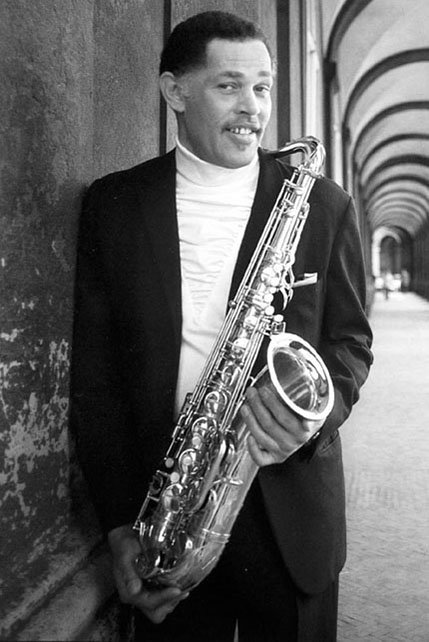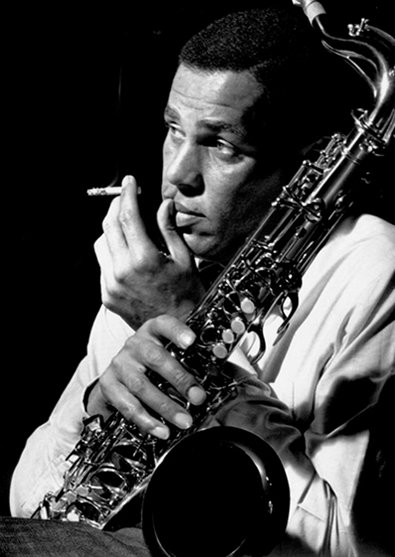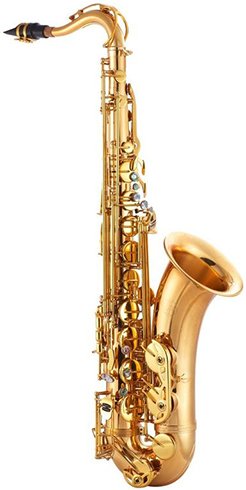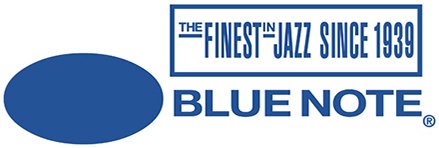Jazz hard bop: «Driftin’» [ESP/ENG]
Dexter Gordon (saxo tenor), Freddie Hubbard (trompeta), Herbie Hancock (piano), Butch Warren (contrabajo) y Billy Higgins (batería). Extraído del álbum Takin’ Off (1962) de Herbie Hancock.
Dexter Gordon era un saxofonista tenor de jazz norteamericano, siendo el primero en traducir el lenguaje del bebop a su instrumento. Su carrera musical duró más de cuarenta años. Tuvo una vida tan llena de acontecimientos que su historia sería un buen guión para una película de Hollywood. Su sonido era espacioso, tenía tendencia a tocar por detrás del ritmo e insertaba citas musicales en sus solos. Era conocido por su humorística presencia en el escenario y recitaba las letras de las baladas antes de tocarlas. Mientras todavía estaba estudiando tocó en el grupo del saxofonista tenor, flautista y clarinetista Buddy Collette, y en el del batería Chico Hamilton. De 1940 a 1943 fue miembro de la big band del vibrafonista Lionel Hampton y en 1944 de la del pianista y compositor Fletcher Henderson y la del trompetista Louis Armstrong.
Dexter Gordon was an American jazz tenor saxophonist, being the first to translate the language of bebop to his instrument. His musical career lasted more than forty years. He had such an eventful life that his story would make a good script for a Hollywood movie. His sound was spacious, he had a tendency to play behind the beat and inserted musical quotes into his solos. He was known for his humorous stage presence and recited the lyrics of the ballads before playing them. While still a student he played in tenor saxophonist, flutist and clarinetist Buddy Collette’s group, and in drummer Chico Hamilton’s. From 1940 to 1943 he was a member of vibraphonist Lionel Hampton’s big band and in 1944 of pianist and composer Fletcher Henderson’s, and of trumpeter Louis Armstrong’s.

También en 1944 Gordon se trasladó a Nueva York y se incorporó a la big band del cantante Billy Eckstine, llamada «la cuna del bebop». Tocó con los saxofonistas tenores Lester Young y Ben Webster en el famoso club Minton’s Playhouse, y en 1945 colaboró en dos grabaciones del trompetista Dizzy Gillespie. También grabó como líder para Savoy Records y en 1946 volvió a Los Ángeles, su ciudad natal, donde trabajó para el sello Dial durante el año siguiente. Después grabó de nuevo con Savoy Records y trabajó como músico de estudio colaborando con la cantante Benny Carter y otros. A partir de 1952 empezó a tener problemas con las drogas y estuvo en la cárcel, así que permaneció prácticamente inactivo durante el resto de la década.
Also in 1944 Gordon moved to New York and joined singer Billy Eckstine’s big band, called “the cradle of bebop”. He played with tenor saxophonists Lester Young and Ben Webster at the famous Minton’s Playhouse club, and in 1945 he collaborated on two recordings by trumpeter Dizzy Gillespie. He also recorded as a leader for Savoy Records and in 1946 returned to Los Angeles, his hometown, where he worked for the Dial label for the following year. He then recorded again with Savoy Records and worked as a studio musician collaborating with singer Benny Carter and others. From 1952 he began to have drug problems and was in prison, so he remained virtually inactive for the rest of the decade.

El tema es alegre y divertido, de los que levantan el ánimo. Después de un redoble de Higgins entra Gordon con un tono amable y bonachón, pero luego sus frases se van haciendo más complicadas. Le sigue Hubbard con un solo sorprendentemente construido con muy pocas notas, aunque luego añade frases algo más rápidas. A continuación llega Hancock con un expresivo discurso igualmente atractivo que conduce con manos diestras y magistrales. Al final, el grupo reexpone el tema y Hancock repite una coda que se va desvaneciendo.
The theme is cheerful and fun, the kind that lifts your spirits. After a Higgins’s drumroll Gordon enters in a friendly and good-natured tone, but then his sentences get more complicated. Hubbard follows with a solo surprisingly constructed with very few notes, although he later adds somewhat faster phrases. Next Hancock arrives with an expressive and equally engaging speech that he conducts with skillful and masterful hands. At the end, the group restates the theme and Hancock repeats a fading out coda.

Translated with the help of DeepL
℗ Blue Note Records


Si te ha gustado el tema, quizá querrás escuchar también los anteriores de este álbum:
If you liked the track, you might also want to listen to the previous ones on this album:


0
0
0.000
¡Enhorabuena!
✅ Has hecho un buen trabajo, por lo cual tu publicación ha sido valorada y ha recibido el apoyo de parte de CHESS BROTHERS ♔ 💪
♟ Te invitamos a usar nuestra etiqueta #chessbrothers y a que aprendas más sobre nosotros.
♟♟ También puedes contactarnos en nuestro servidor de Discord y promocionar allí tus publicaciones.
♟♟♟ Considera unirte a nuestro trail de curación para que trabajemos en equipo y recibas recompensas automáticamente.
♞♟ Echa un vistazo a nuestra cuenta @chessbrotherspro para que te informes sobre el proceso de curación llevado a diario por nuestro equipo.
🏅 Si quieres obtener ganancias con tu delegacion de HP y apoyar a nuestro proyecto, te invitamos a unirte al plan Master Investor. Aquí puedes aprender cómo hacerlo.
Cordialmente
El equipo de CHESS BROTHERS